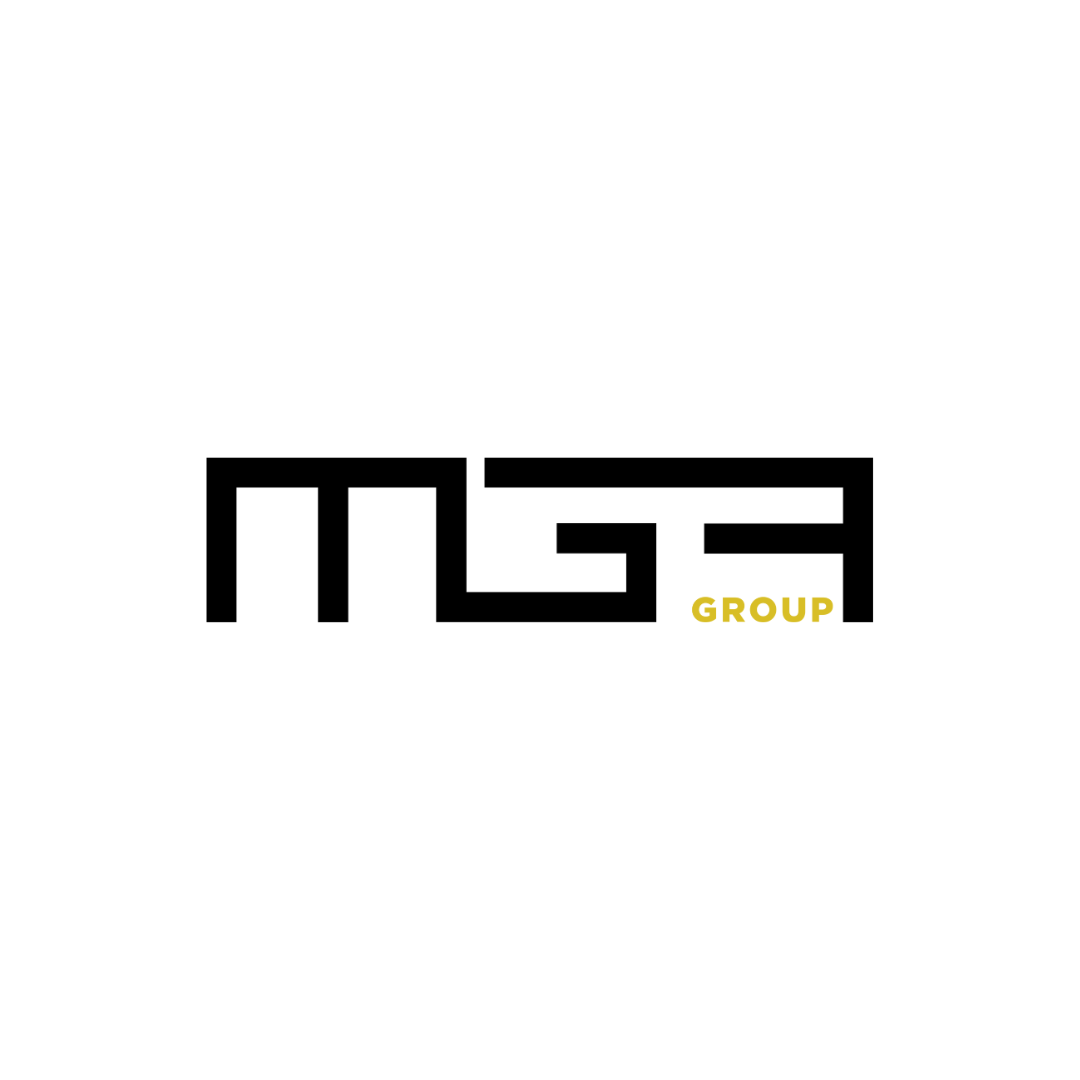Executive Summary
Research identified 35 key stakeholders across NGOs, corporate initiatives, and healthcare institutions actively addressing responsible gaming in Kenya. NGOs focus primarily on awareness and support services, while corporate entities implement responsible gaming features and community programs. Healthcare institutions provide essential treatment and support services for gambling addiction.
Introduction and Background
This research examines organizations addressing responsible gaming in Kenya, focusing on their mandates, initiatives, and impact. The analysis covers three main sectors: NGOs, corporate initiatives, and healthcare institutions, evaluating their roles in promoting responsible gaming practices and supporting affected individuals.
Data and Analysis
NGO Sector Analysis
Nine major NGOs operate in the responsible gaming space, with key focus areas:
- Advocacy and public awareness (44%)
- Direct support services (33%)
- Research and policy influence (23%)
Common challenges include:
- Limited funding and resources
- Stigma surrounding gambling addiction
- Limited outreach capabilities
Corporate Initiatives
Nine betting companies demonstrate commitment through:
- Implementation of responsible gaming features
- Community support programs
- Educational campaigns
- Self-exclusion tools
Key limitations include:
- Balance between profit and responsibility
- Market competition affecting commitment levels
- Cultural barriers to implementation
Healthcare Institution Support
Seventeen hospitals provide varying levels of support:
- Specialized addiction treatment programs
- Mental health services
- Community outreach initiatives
- Referral services
Key Findings
1. Comprehensive Support Network
- Multiple organizations provide overlapping services
- Strong focus on prevention and treatment
- Established referral systems between stakeholders
2. Resource Constraints
- Limited funding affects program effectiveness
- Stigma impacts service utilization
- Need for better coordination among stakeholders
3. Innovation in Service Delivery
- Integration of technology in support services
- Collaborative approaches between sectors
- Focus on youth prevention programs
Recommendations
1. Technology Investment Opportunities
- Development of responsible gaming software platforms
- Self-exclusion and monitoring tools for betting companies
- Data analytics solutions for addiction prevention
- Mobile-based support services
2. Strategic Corporate Partnerships
- Partner with established betting companies implementing responsible gaming features
- Invest in platforms providing educational content and support services
3. Healthcare Infrastructure
- Invest in telehealth platforms for gambling addiction support
4. Growth Areas
- Youth-focused prevention programs
- Rural market expansion
- Digital support services
- Training and certification programs
References








